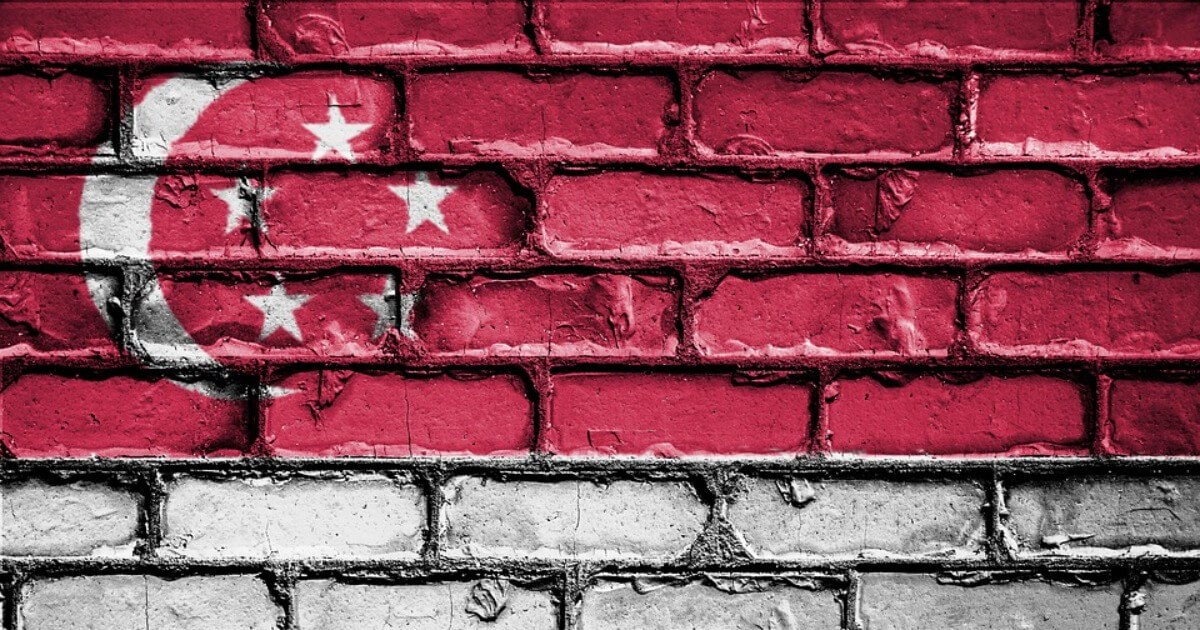Saint Angela of Europe
How Angela Merkel could effectively operate at the just-concluded European Summit on the basis of a well-hedged position.
July 22, 2020
Ever since the arrival of Donald Trump in the Oval Office, there has been an understandable desire in the international realm toward the “sanctification” of Angela Merkel.
An experienced leader and strong advocate of global cooperation, Merkel represents the opposite of Trump — both in terms of his bottomless pomposity and extreme nationalism.
But even admirers of the German Chancellor — both at home and abroad — have long been concerned that she has often tended to act in a rather timid fashion.
In particular, they have found her commitment wanting when it came to the EU’s financial and economic infrastructure.
Legacy talk
At the same time, with Merkel facing her last 15 or so months as German Chancellor, the suggestions became ever stronger for her focus on shaping her European legacy.
So it was with a great deal of relief that the advocates of more financial integration in Europe in late May heard the news of a deal between French President Emmanuel Macron and Chancellor Merkel.
The Merkel-Macron deal
Appearing in a joint video conference, the two leaders announced their commitment to the establishment of a 500 billion euro EU recovery fund to deal with the economic fallout of the Coronavirus crisis.
Here it was at last, the reformers rejoiced: A clear commitment of Germany to doing much more financially. And what a wonderful testament to the cause of European solidarity. As well as a true capstone for Merkel’s legacy.
After the just-concluded, four-day marathon European Summit, it basically worked out that way. To be sure, the European Parliament will surely – and very legitimately – seek to sharpen various soft edges, such as the democracy and rule-of-law issue.
Merkel’s fortunate European Summit constellation
Not that Angela Merkel or the German government for that matter would ever admit it, but there was a very effective division of labor at work during the past months’ discussions.
In the past, the German government would likely have made arguments along the lines of the “frugal four” (or five, counting in Finland in addition to the governments of the Netherlands, Austria, Denmark and Sweden).
In particular, Merkel knew that she could count on the stubbornness and experience of Mark Rutte, the Dutch prime minister, to play tough guy.
Germany’s hedged position
It is fair to assume that at least most MPs representing the CDU/CSU, the majority party in the German government, subscribe to Rutte’s views for the most part.
All of which allowed Angela Merkel to have her country play the role of the EU presidency. She could agree with Emmanuel Macron and rely on Rutte playing the pre-Brexit role of the British (as well as that of the proverbial, usually German, “Swabian housewife” looking after her pennies).
As a protestant herself, Merkel knew from experience that the three very “protestant” governments (Netherlands, Sweden, Denmark) plus the Catholic outlier Austria would fight very hard to structure the recovery fund in a balanced manner.
Merkel can’t lose
Hence, there was no need for the German government to line up in that corner. Instead, it was happy to let the Dutch take the blame for what traditionally has been the German position in the EU.
That is why the Merkel team, thanks to the “Frugal Four,” was in a no-lose position.
If the deal had passed as envisioned, Merkel could claim full credit. And if it passed, as has now happened, with significant conditions attached, she can claim that she tried to be very generous, but that there simply was too much determined opposition.
That’s what, in political terms, one calls a fully hedged position.
The consequences of the UK’s exit
One final note: After Brexit became a manifest reality, there were suppositions that the Germans would now have to step out of the shadows in EU negotiations to take on the role of the UK as to being the principal advocate for open market and financial issues.
As is now evident, this is not what happened – and that is for the better. Along with a weakened France, it is crucial that Germany forms the EU center – not to dictate deals but, like a magnet, to provide for “connectivity” between the various camps.
And it is actually very good that this forces a bunch of other nations – the “frugal five” – out of the shadows to take a clear stance in the EU 27 negotiations. That makes the EU more balanced.
For Angela Merkel, it must be particularly satisfying that several of those “frugal” leaders are not only Social Democrats, but also – like herself — women and Protestants. Which gives her yet more political cover.
Takeaways
Thanks to the Netherlands, Angela Merkel could operate at the just-concluded European Summit on the basis of a well-hedged position.
The German government was happy to let the Dutch take the blame for what traditionally has been the German position in the EU.
Not that Merkel or the German government would ever admit it, but Germany would likely have made arguments along the lines of the “frugal four.”
Merkel knew that she could count on the stubbornness and experience of Mark Rutte -- the Dutch prime minister -- to play tough guy.
Mark Rutte is playing the pre-Brexit role of the British -- as well as the “Swabian housewife” looking after her pennies.

